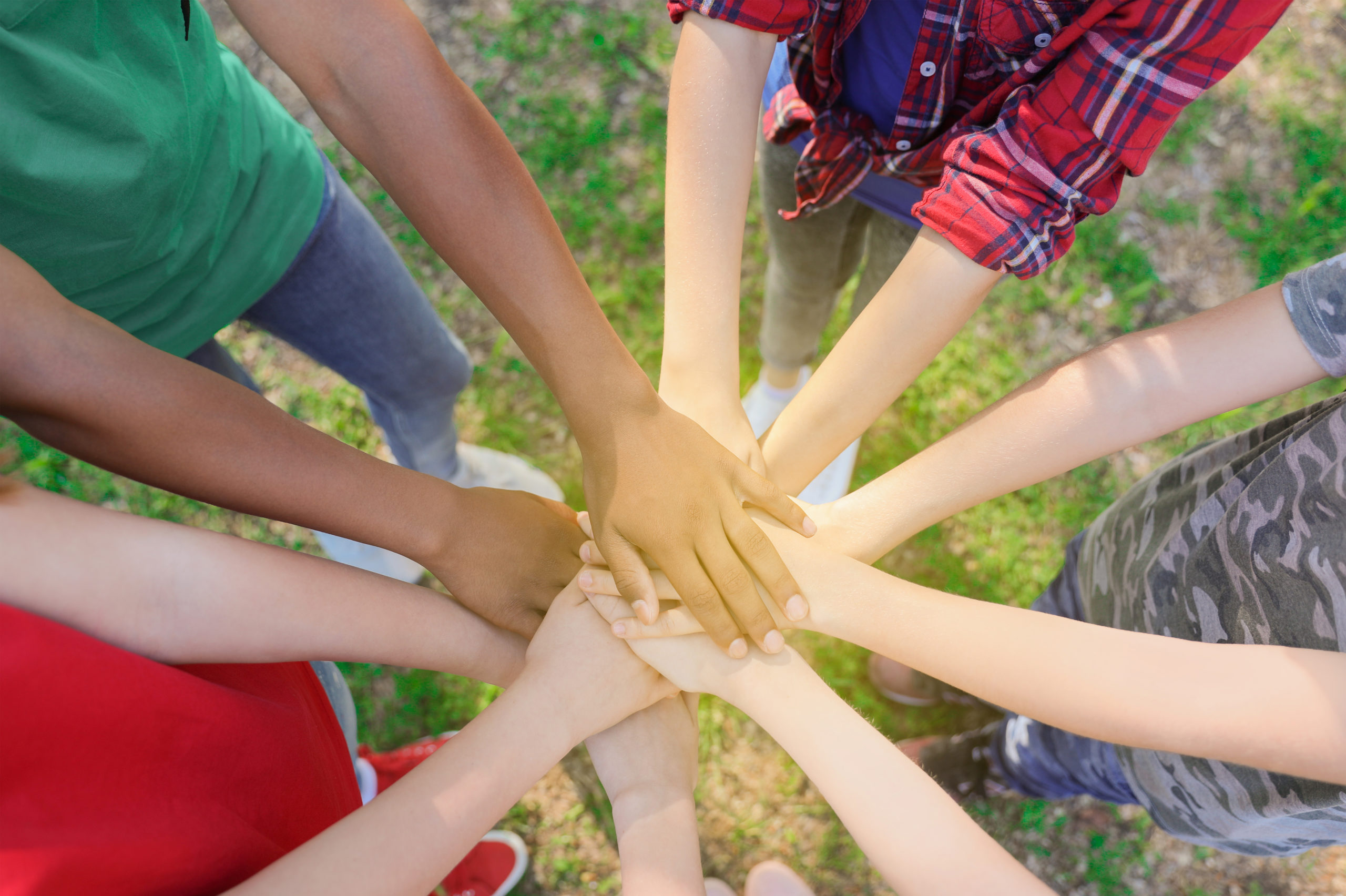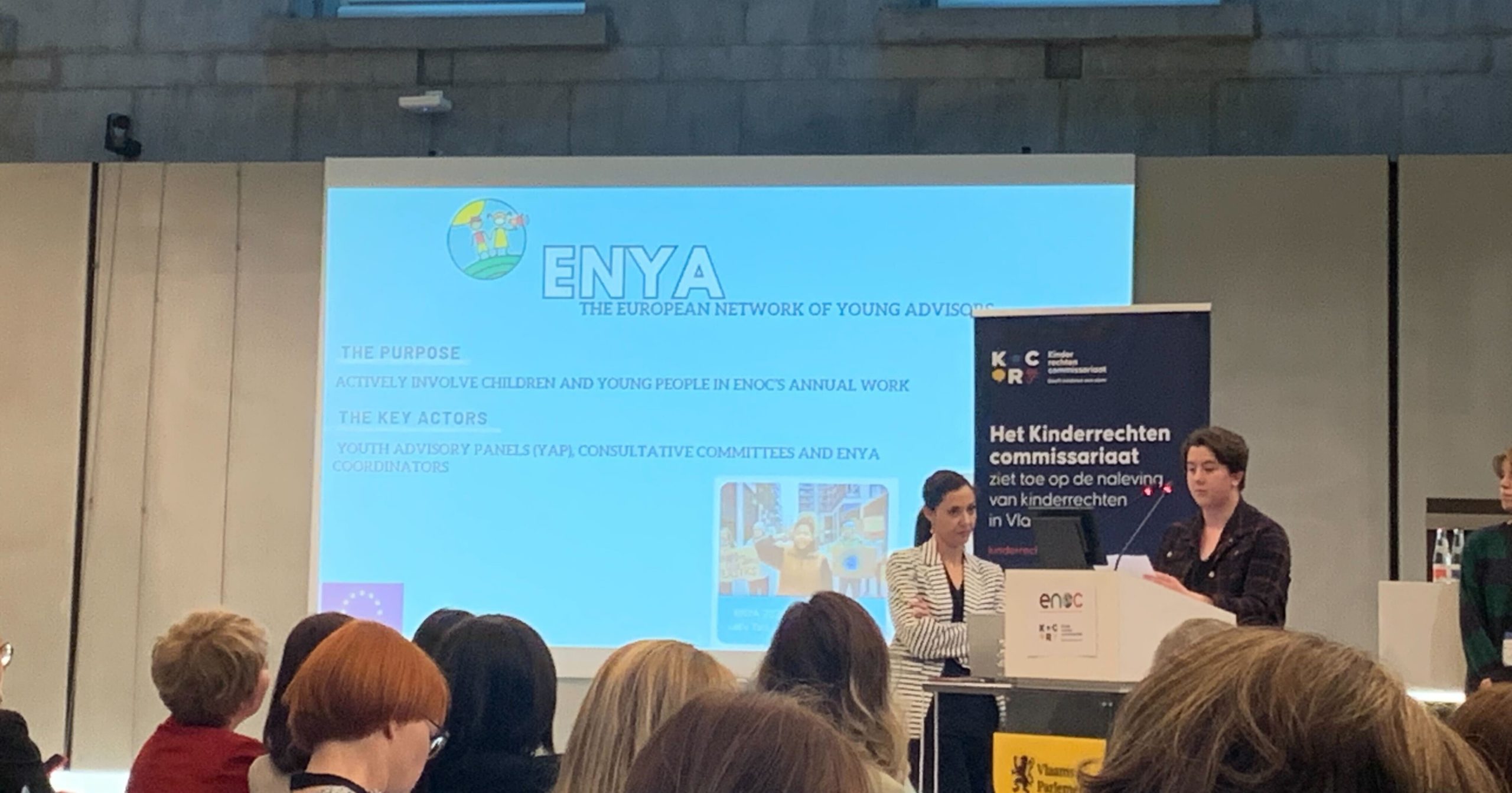Making rights real: EU officials discover children’s participation
What does a policy officer do? That’s a question that not only children, but adults ask as well. Using child friendly language, involving children in decisions that affect their lives are all part of realising children’s rights. Thanks to a training on child participation delivered by children themselves, almost 20 European Commission staff discovered the value of involving children in their work.
Four members of the Eurochild Children’s Council Kärg, Milena, Victor and Una each led a session on the meaning of child participation based on their personal experiences. The training was conducted by Eurochild’s child participation team upon request from the European Commission on 22 November.
The participants came from a wide range of European Commission services, including DG Employment; Agriculture; Frontex (European Border and Coast Guard Agency); Justice; Education and Culture; International Partnerships; Legal Service and European Court of Auditors.
Almost all of the participants said they would like to involve children in their work but half of them did not yet know how to do so.
The training involved an introduction to the principles of child participation guided by the UN Convention on the Rights of the Child followed by a case study in which participants were asked to step into a child’s shoes and imagine what they would need to participate in a European Commission conference marking World Children’s Day. Participants were encouraged to doodle, write freely, and reflect on the novel ideas and how they can bring them to life through their work.
At the training, Victor shared a story to emphasise why involving children in decision making processes from the beginning is so important: “Whilst preparing a drink in the morning, a colleague decided he wanted to be nice to a fellow colleague and make them a hot chocolate, because he values and appreciates them and thought they would like that. After presenting them with the drink however, it turns out that the colleague is actually allergic to hot chocolate and would much rather have had tea. The colleague had meant well but if he’d just asked his colleague what they preferred he would not only have saved time and resources, he’d have actually got his colleague something they wanted”. The message Victor shared with this is that even if you have the best of intentions you cannot assume as an adult that you know what is best for children. You need to talk with children and ask their wishes and opinions.
On the importance of inclusion, Una and Milena highlighted that involving children from all backgrounds in decisions that affect them is not only essential for them to be able to fully exercise their rights but will also contribute to a more fun and colourful world full of different and creative ideas. Reflecting this sentiment, one of the participants stated that it was very refreshing to have such a training from children and young people whilst another participant shared their hope that the upcoming European Year of Youth in 2022 will create more opportunity for children to participate. We hope so too!
Background
Eurochild is an expert in child participation and has run training sessions for institutions including the European Union, and non-governmental organisations and foundations. Eurochild has committed itself to practicing children’s participation in its own work. Learn more about Eurochild’s child participation work.
For further information on the training or our child participation work contact Alice Hagger-Vaughan or Mieke Schuurman.




